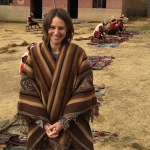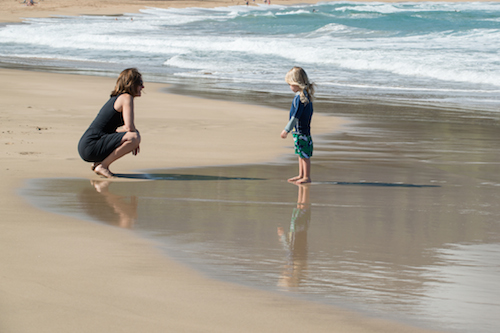
Emry & me, Kauai, February 2015
We started getting the questions when Emry was two and a half: “when are you going to cut his hair?”
We cut Elan’s hair when he was a little over two. He had beautiful blonde-brown hair, often scraggly but still beautiful. But it started bothering him when it got in his face, and he showed signs of wanting to have it shorter.
Emry, on the other hand, was always quite sure that he didn’t want his hair cut. He wanted it long. He liked it long. Even when it got in his face. Even when he had to let me comb conditioner through it in the bathtub to beat back the dreadlocks. Even when people thought he was a girl, which happened nearly everyday, despite his insistence on wearing superhero clothing, his tendencies towards games that involve fighting and weapons, and his unflagging certainty that he is a boy.
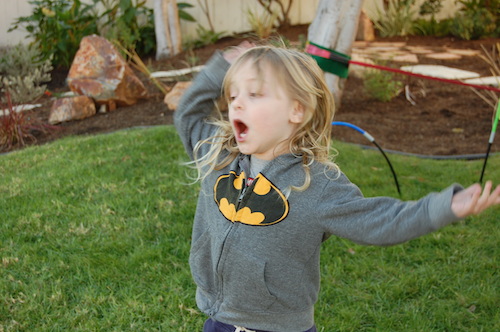
Emry, January 2015
So I answered people by saying, “when he decides he wants to have shorter hair.”
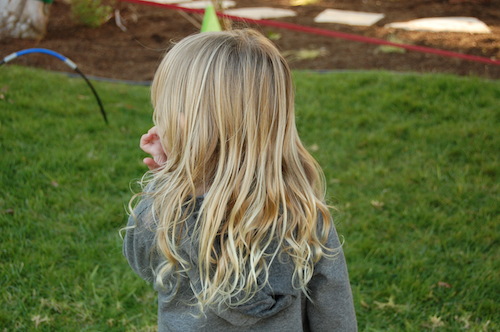
We make choices everyday for our children around their bodies. We decide when they’ll take a bath, that they’ll floss and brush their teeth nightly whether they want to or not. Often, we choose their clothes. We even dictate whether they’re hot or cold (“put on a jacket!”). We decide when to give them antibiotics for an ear infection and when to try to ride it out. Whether to give them immunizations or not. We even often try to exercise varying degrees of control over their most intimate bodily functions – when they pee, when they poop, and where.
We make these choices because of health or safety, convenience, ritual or social norm. We make these choices to conform to an identity we want our kids to have, both as a reflection of them and as us as parents, an image of our children that we hold in our mind and are trying to bring to fruition.
Emry had a strong preference about his hair, so Mikhail and I decided this was a place that we could let him be the decision-maker about his own body.
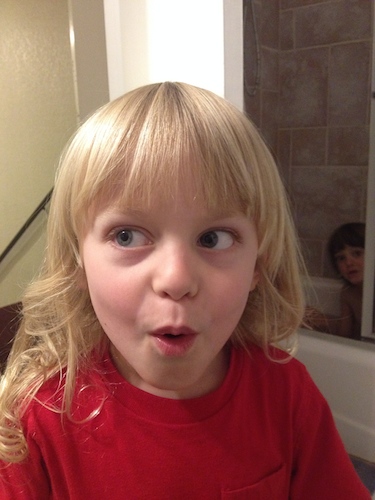
October 2014, just before he turned 4 years old
Here is what we discovered: people have a lot of opinions.
I could probably leave it there, but I’ll qualify that statement – people have a lot of opinions about little boys’ hair.
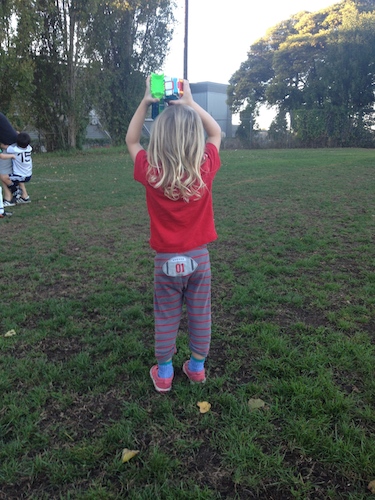
In fielding other peoples’ opinions about our child’s hair, I have come to realize what is one of the most important roles of parenthood to me. That is to help my children balance when they need to conform to social norms and when they need to speak their own truths and make their own identities.
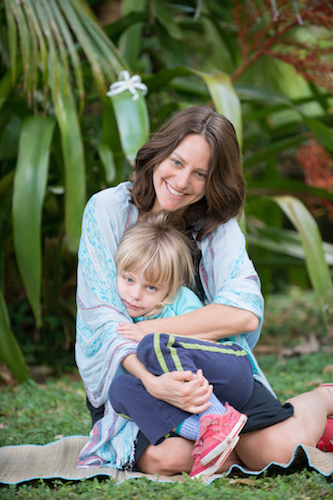
February 2015
Part of our job as parents is teaching our children how to conform to the social norms that surround us – the ways our particular society has decided are appropriate for handling anger (“use your words”), for showing respect (“make eye contact”), for sharing resources (“let the lady on the sidewalk pass”), for dealing with bodily functions (“say excuse me”). We teach our children these things so that they can be contributing members of society, but also because we want to keep them safe, and staying safe often means following the rules, or at least knowing what the rules are.
And yet, an equally important part of our job as parents is to give our children the freedom and confidence to know that being true to who they are is the most important thing. If figuring out who we are, what unique gifts we have to offer, and how we can deliver on those is an elemental part of crafting a satisfying life, then we as parents must give our children the basic tools and building blocks for figuring that out early in life. Things like having confidence in your own values, and respecting your own identity.
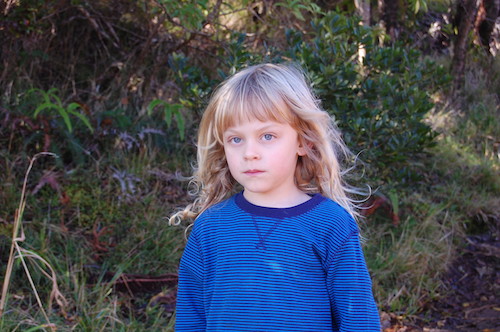
February 2015
Whether Emry has long or short hair is a small thing. But it has given me a taste of this particular balancing act of parenthood. It has given me a glimpse of the larger challenges down the road, when questions about identity will likely become much more complicated than a handful of wild blonde hair.
***
Say hi! To leave a comment, click here & scroll down.





